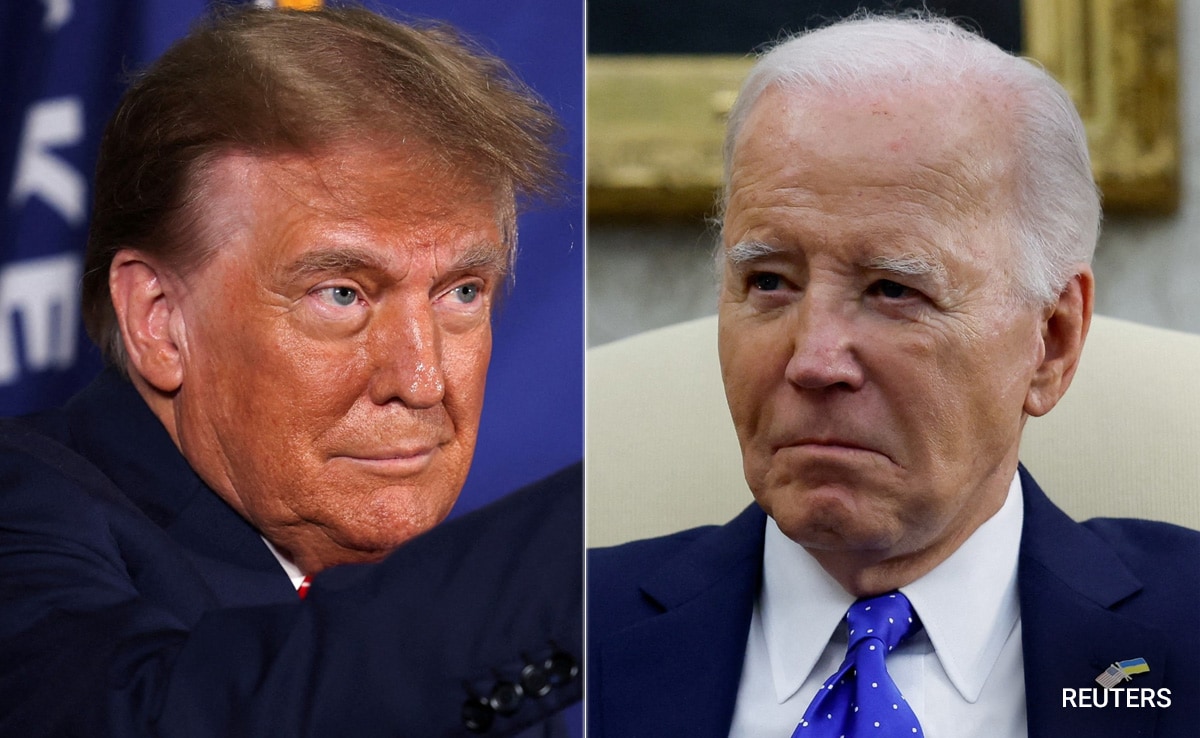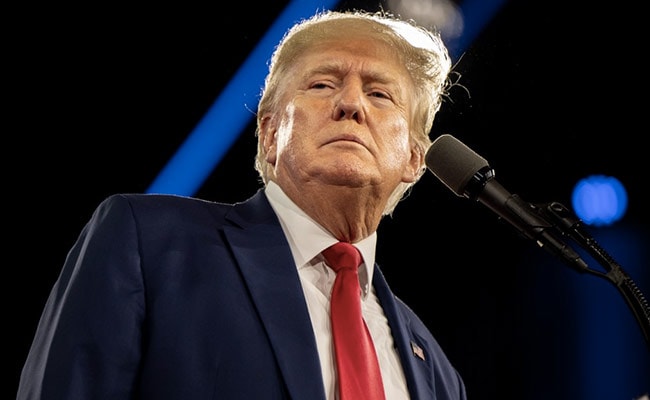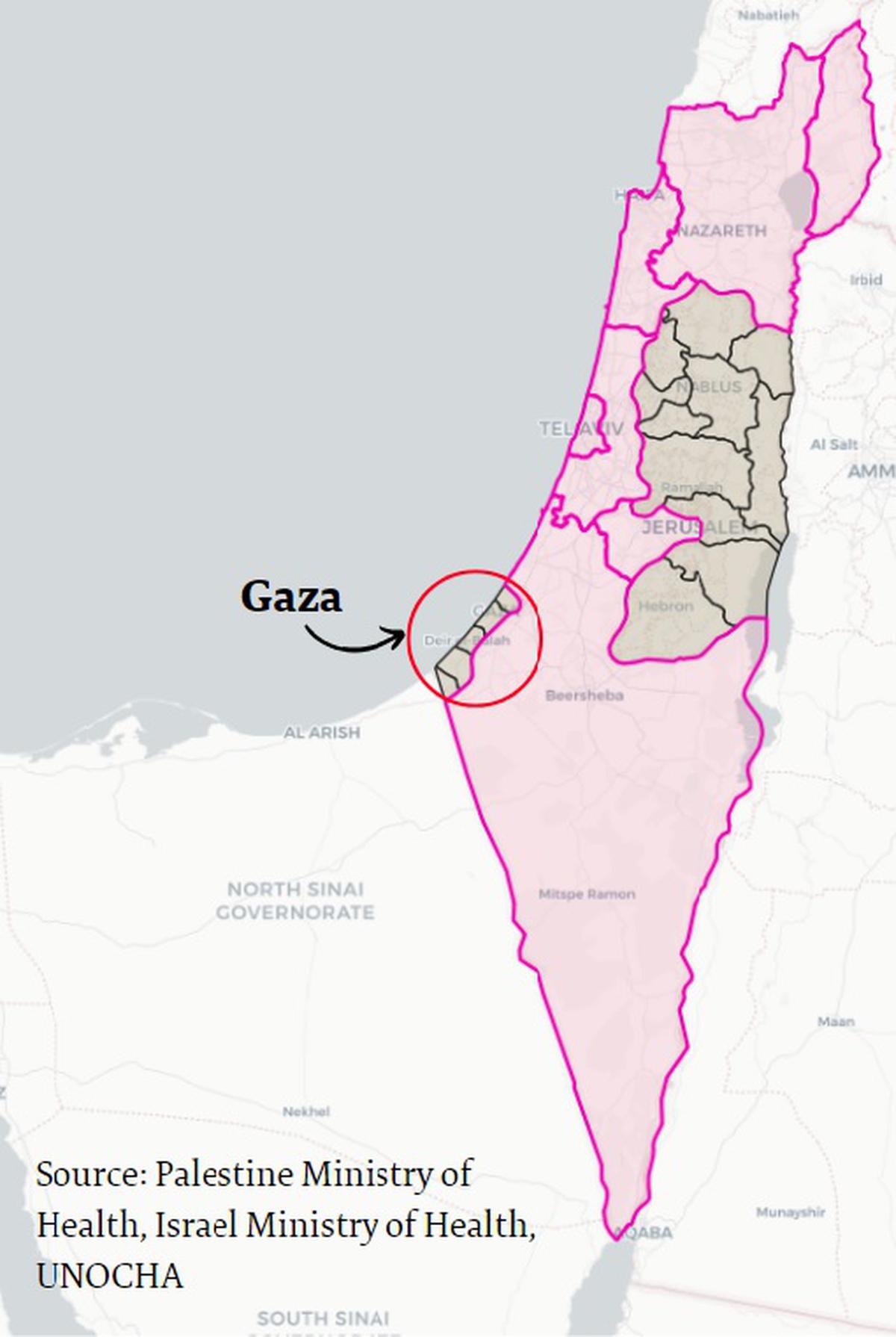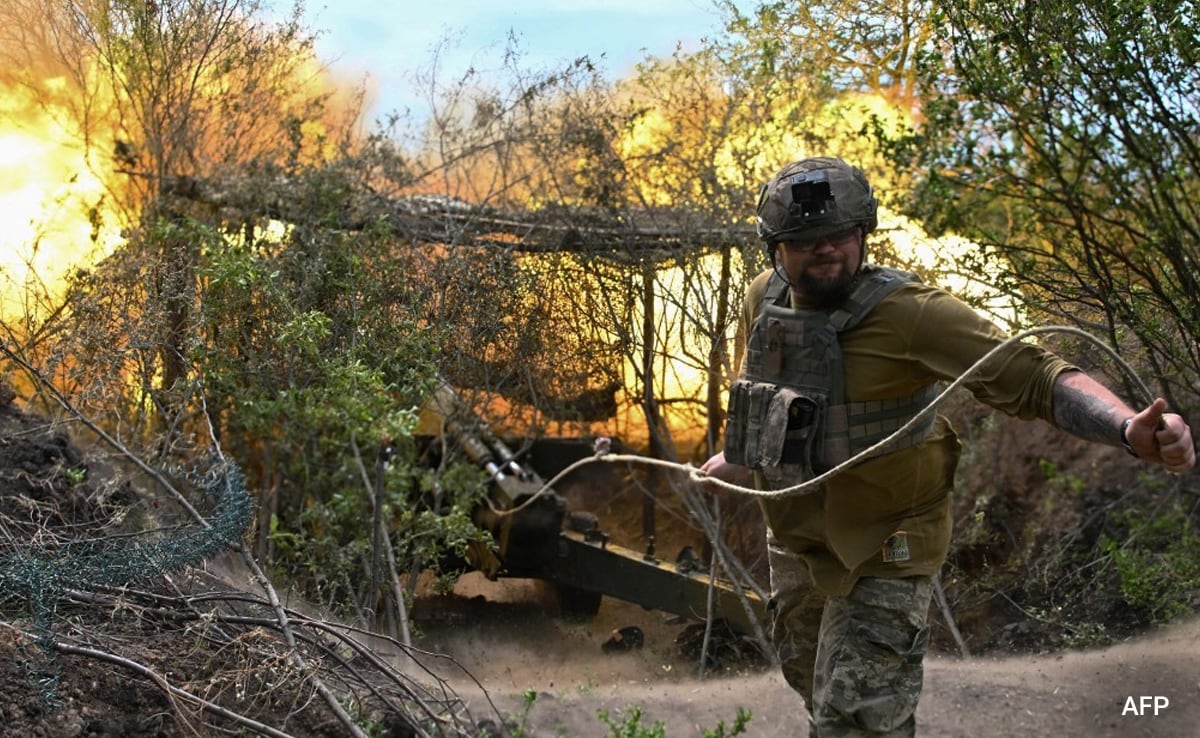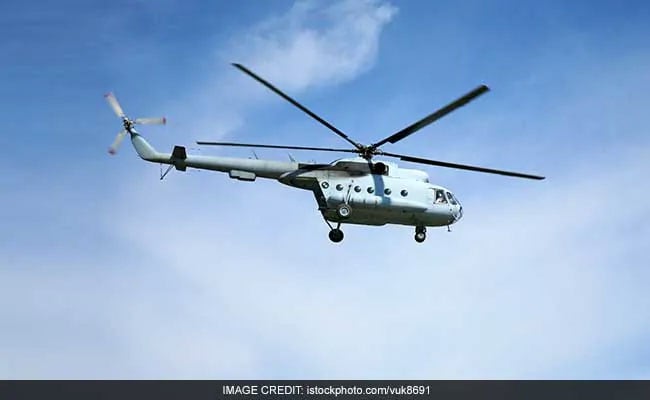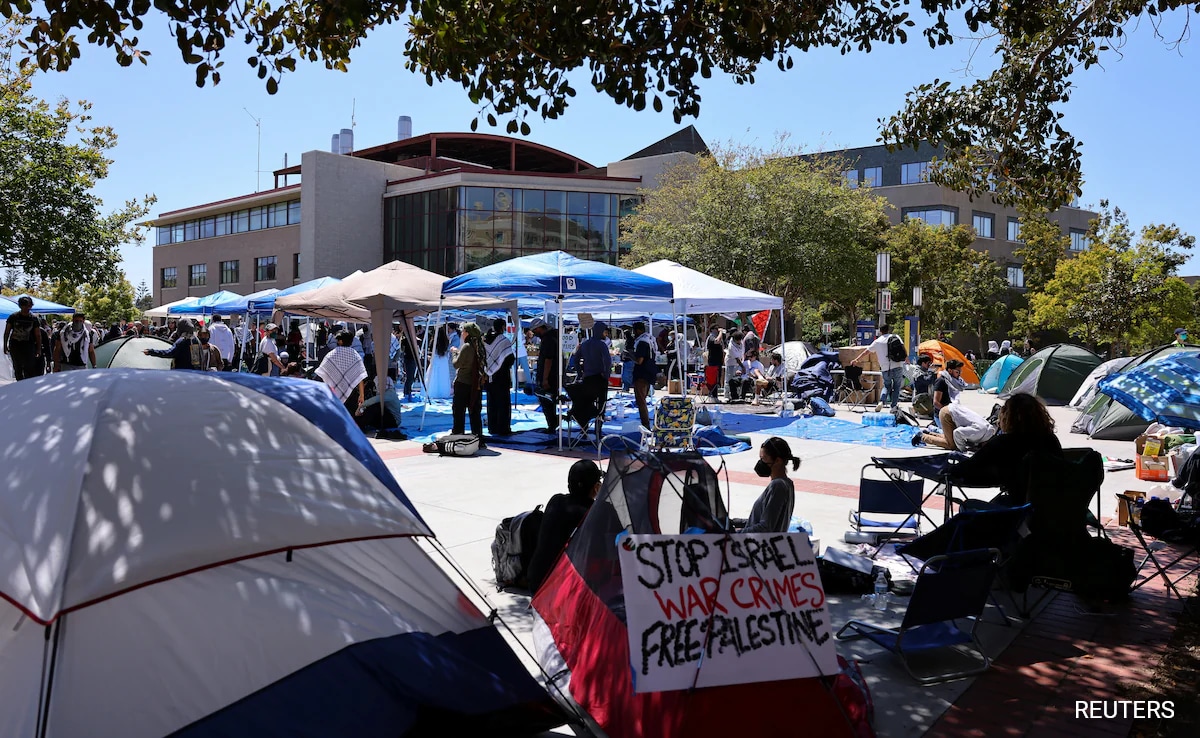U.S. nuclear-powered aircraft carrier USS Ronald Reagan is escorted as it arrives in Busan, South Korea, Thursday, Oct. 12, 2023.
| Photo Credit: AP
A U.S. nuclear-powered aircraft carrier arrived in South Korea on October 12 in a demonstration of strength against North Korea, as the North’s leader reaffirmed his push to bolster ties with Russia.
The USS Ronald Reagan and its battle group came to the southeastern South Korean port of Busan after participating in a trilateral South Korean-U.S.-Japanese maritime exercise in international waters off a southern South Korean island earlier this week, the South Korean Defence Ministry said.
The aircraft carrier is to stay in Busan until next Monday as part of a bilateral agreement to enhance “regular visibility” of U.S. strategic assets to the Korean Peninsula in response to North Korea’s advancing nuclear program, according to an earlier Defence Ministry statement.
It’s the first arrival of a U.S. aircraft carrier in South Korea in six months since the USS Nimitz docked at Busan in late March, the statement said.
The arrival of the USS Ronald Reagan is expected to enrage North Korea, which views the deployment of such a powerful U.S. military asset as a major security threat. When the USS Ronald Reagan staged joint military drills with South Korean forces off the Korean Peninsula’s east coast in October 2022, North Korea said the carrier’s deployment was causing “considerably huge negative splash” in regional security and performed ballistic missile tests.
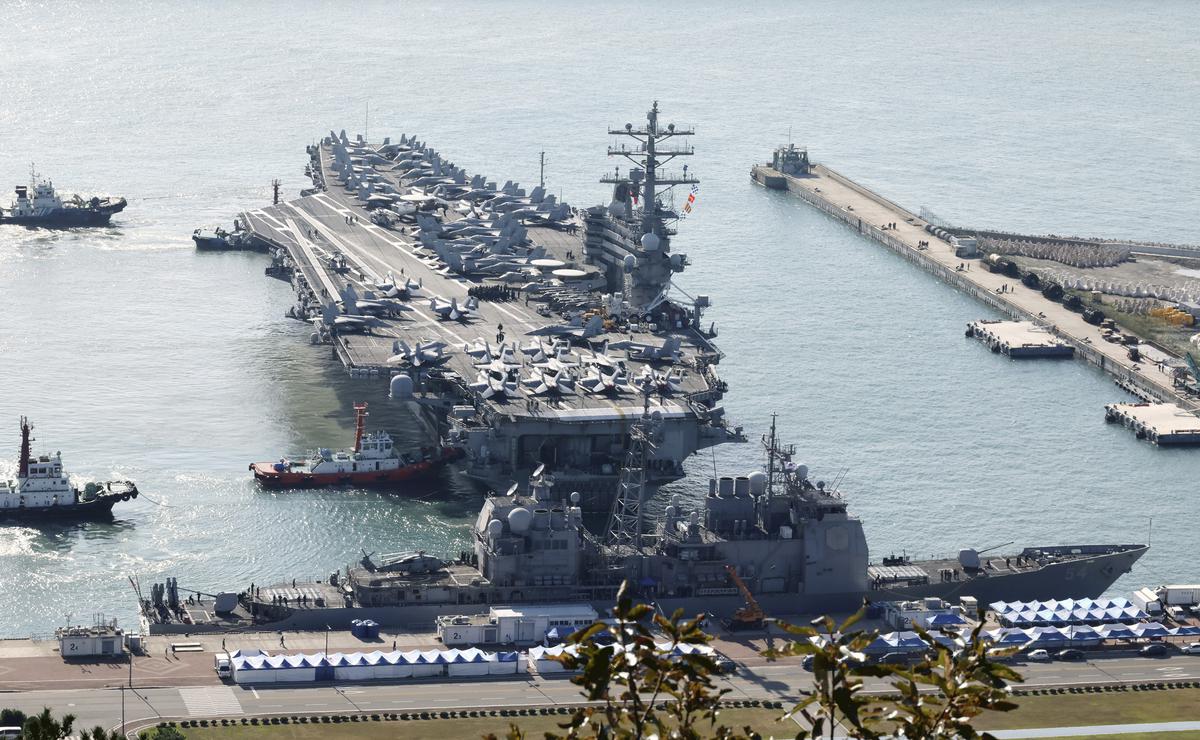
U.S. nuclear-powered aircraft carrier USS Ronald Reagan is escorted as it arrives in Busan, South Korea, Thursday, Oct. 12, 2023.
| Photo Credit:
AP
The U.S. carrier’s latest arrival comes as concerns grow that North Korea is pushing to get sophisticated weapons technologies from Russia in exchange for supplying ammunition to refill Russia’s conventional arms stores exhausted by its protracted war with Ukraine. Such concerns flared after North Korean leader Kim Jong Un visited Russia’s Far East last month to meet President Vladimir Putin and inspect key weapons-making facilities.
Many experts say Mr. Kim would want Russian help to build more reliable weapons systems targeting the U.S. and South Korea. Washington and Seoul have warned that Moscow and Pyongyang would pay a price if they move ahead with the speculated weapons transfer deal in breach of U.N. Security Council resolutions that ban any weapons trading with North Korea.
On October 12, Mr. Kim and Mr. Putin exchanged messages marking 75 years of diplomatic ties between the two countries.
In his message to Mr. Putin, Mr. Kim said he was “very satisfied” over “an exchange of candid and comprehensive opinions” with Mr. Putin during his Russia trip, while expressing a firm belief that bilateral ties will develop to a new level. Mr. Kim also hoped that the Russian people would defeat “the imperialists’ persistent hegemonic policy and moves to isolate and stifle Russia,” according to the official Korean Central News Agency.
Mr. Putin, for his part, told Mr. Kim in his message that he was satisfied with the fact that bilateral ties continue to positively develop in all aspects, KCNA said.






